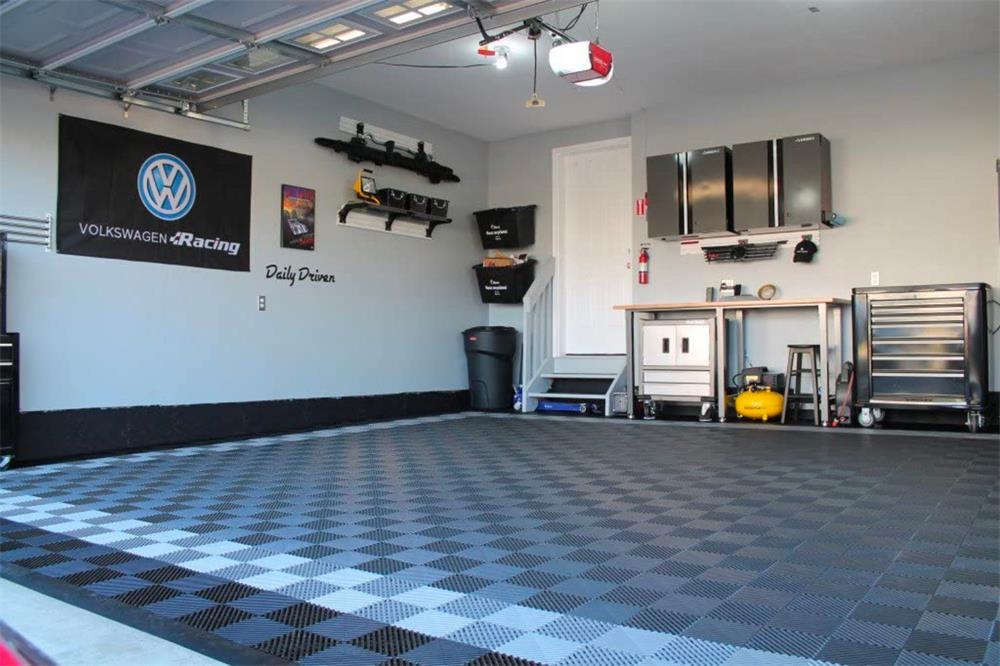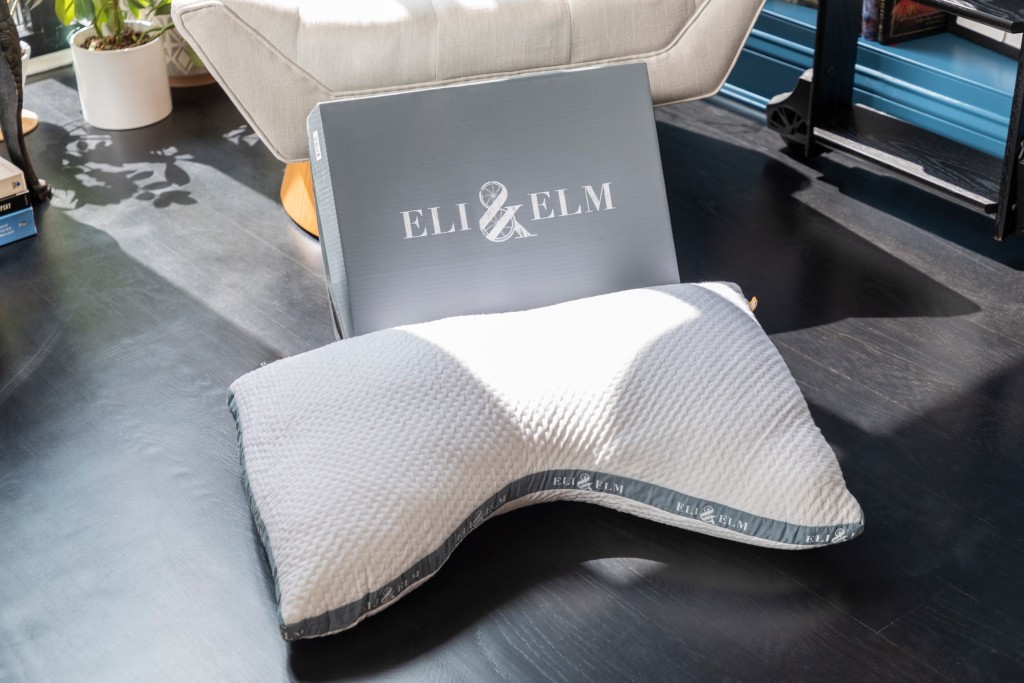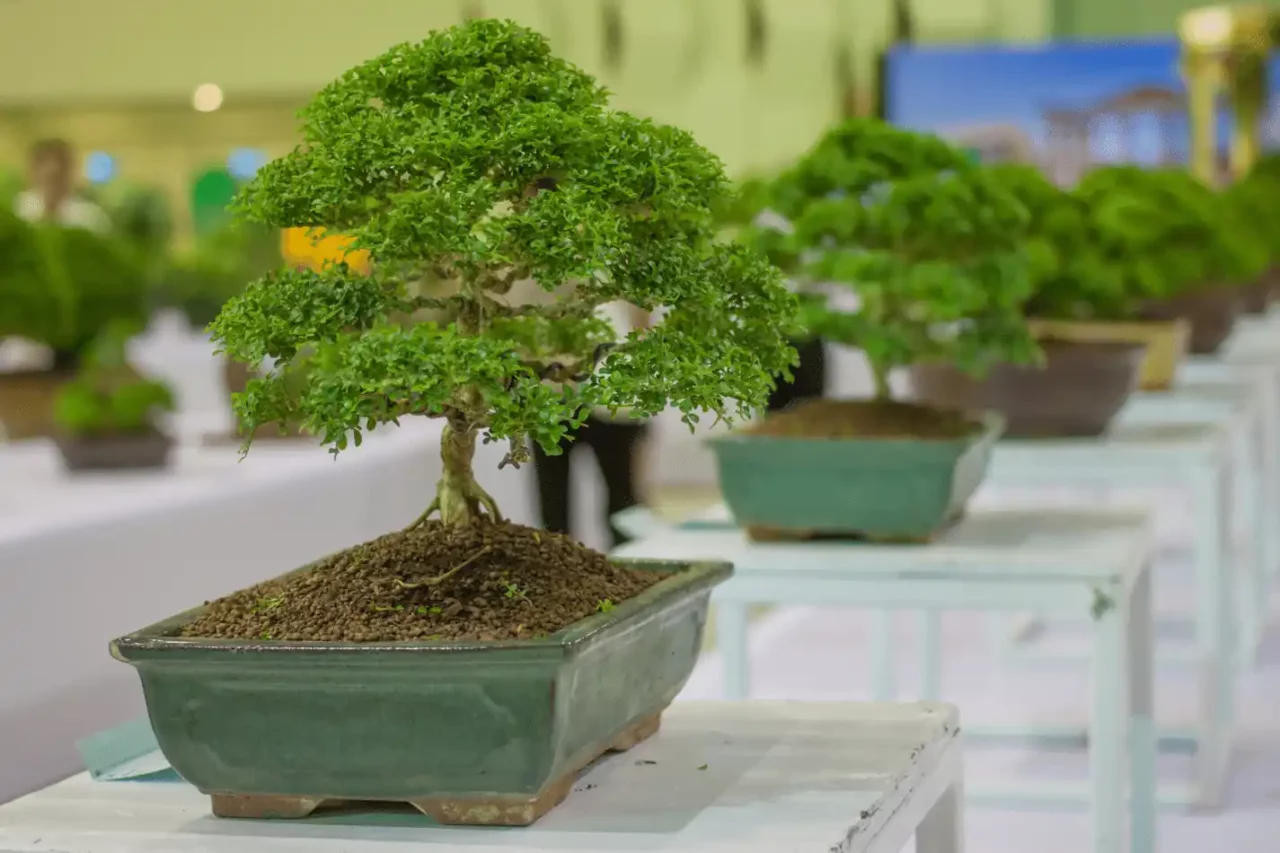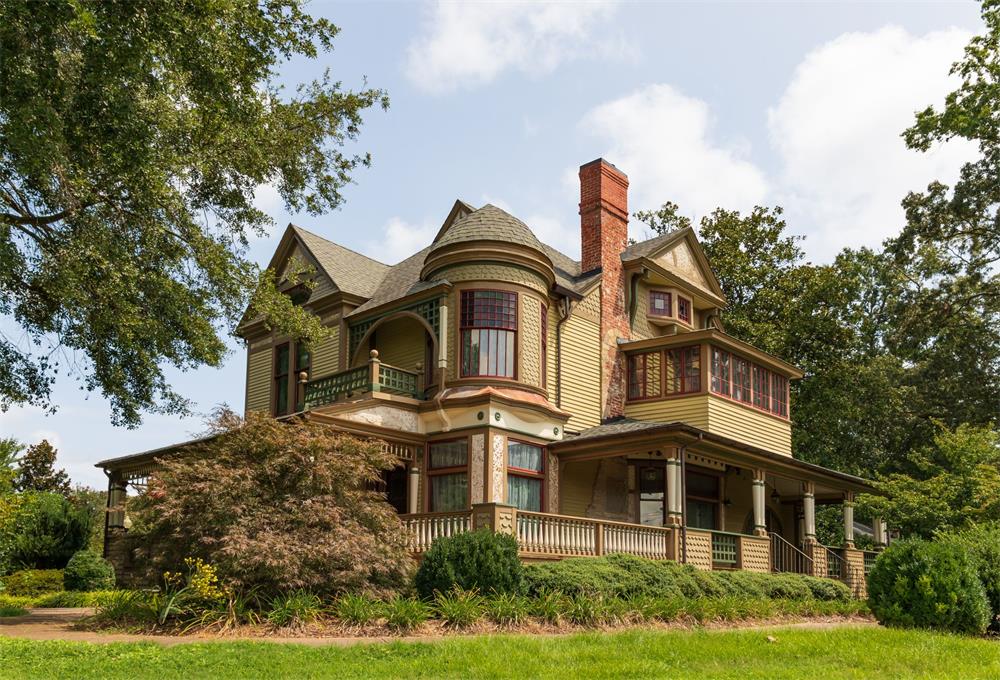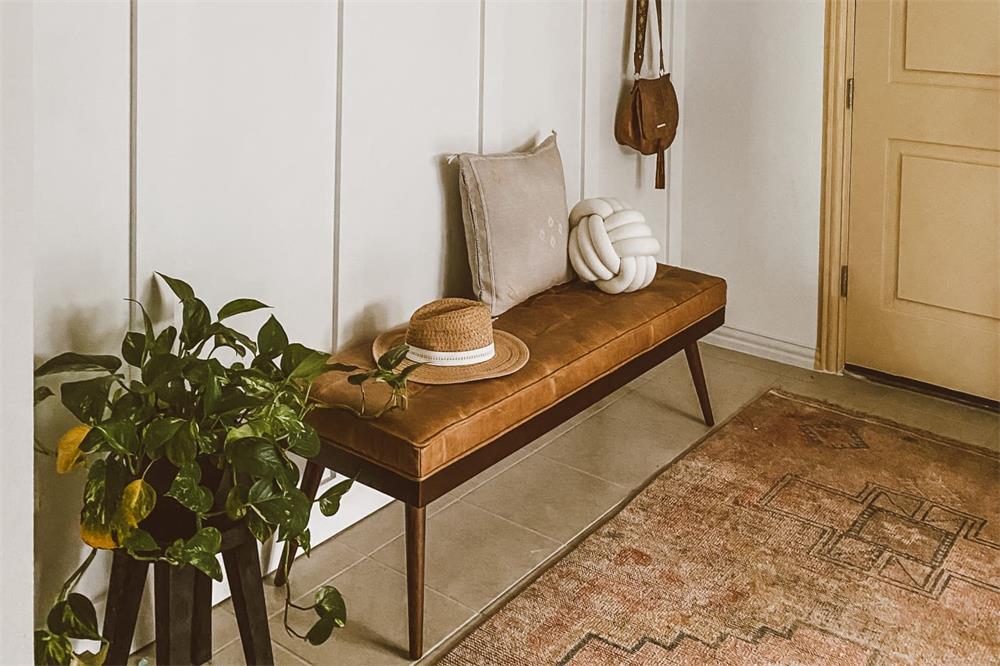The garage is often a neglected space in many homes, but it can also be a versatile and functional area with the right flooring. Whether you use your garage for parking, storage, work, or play, you need a durable and attractive floor that can withstand wear and tear, moisture, stains, and chemicals.
There are many types of garage flooring options available, each with its own advantages and disadvantages. Some are easy to install and maintain, while others require more preparation and care. Some are affordable and practical, while others are more expensive and stylish.
To help you choose the best garage flooring for your needs, here are some of the most popular options and their pros and cons.
Contents
Concrete Sealer or Paint
One of the simplest and cheapest ways to improve your garage floor is to apply a concrete sealer or paint. These products can protect your concrete from moisture, dust, and stains, and give it a fresh and clean look. You can also choose from different colors and finishes to suit your preference.
However, concrete sealers and paints are not very durable or resistant to abrasion, chemicals, or hot tires. They can peel, chip, or fade over time, especially in high-traffic areas. They also require proper preparation of the concrete surface, such as cleaning, repairing cracks, and etching, before application. You may need to reapply them every few years to keep them looking good.
Epoxy Coating
Epoxy coating is a more durable and long-lasting option than concrete sealer or paint. It is a two-part product that consists of a resin and a hardener that are mixed together and applied to the concrete floor. Epoxy coating creates a thick and glossy layer that bonds well with the concrete and forms a seamless surface.
Epoxy coating can resist moisture, stains, chemicals, impact, and hot tires. It can also enhance the appearance of your garage floor with different colors, patterns, flakes, or metallic effects. Epoxy coating is easy to clean and maintain with a broom or a mop.
However, epoxy coating is also more expensive and difficult to install than concrete sealer or paint. It requires careful preparation of the concrete surface, such as cleaning, repairing cracks, degreasing, etching, and priming. It also has a limited working time once mixed, so you need to work fast and in sections. Epoxy coating can take several days to cure completely before you can use your garage floor.
Interlocking Tiles
Interlocking tiles are another popular option for garage flooring. They are made from various materials, such as plastic, rubber, vinyl, or porcelain. They come in different sizes, shapes, colors, and patterns that you can mix and match to create your own design. They are easy to install by snapping them together over your existing floor without any adhesive or tools.
Interlocking tiles can cover up any imperfections or cracks on your concrete floor and provide a comfortable and cushioned surface. They can also withstand moisture, stains,
chemicals, impact, and hot tires. They are easy to clean and replace if damaged.
However, interlocking tiles can also be more expensive than concrete sealers or paints. They can also trap dirt and moisture underneath them if not installed properly or cleaned regularly. They can also expand or contract due to temperature changes or exposure to sunlight.
Roll-Out Mats
Roll-out mats are similar to interlocking tiles in that they are made from various materials, such as rubber, vinyl, or carpet. They come in different sizes, colors, and textures that you can choose from. They are easy to install by rolling them out over your existing floor without any adhesive or tools.
Roll-out mats can protect your concrete floor from moisture, stains, chemicals, impact, and hot tires. They can also provide a soft and warm surface for your garage. They are easy to clean and maintain with a vacuum or a hose.
However, roll-out mats can also be more expensive than concrete sealers or paints. They can also trap dirt and moisture underneath them if not installed properly or cleaned regularly. They can also curl up at the edges or corners if not secured well.
Other Options
There are other options for garage flooring that you may want to consider depending on your budget,
preference, and usage. Some of these options include:
- Concrete stain: This is similar to concrete sealer or paint but it penetrates deeper into the concrete and creates a translucent color that enhances the natural variations of the concrete.
- Polyurea coating: This is similar to epoxy coating but it cures faster,
is more flexible,
and has better UV resistance. - Peel-and-stick tiles: These are similar to interlocking tiles but they have an adhesive backing that sticks to the concrete floor.
- Wood composite tiles: These are made from wood fibers mixed with plastic resins that create a durable and water-resistant material that resembles wood.
- Stone composite tiles: These are made from natural stone particles mixed with plastic resins that create a sleek and elegant material that resembles stone.
Conclusion
Choosing the best garage flooring for your home depends on several factors, such as your budget, preference, and usage. There is no one-size-fits-all solution for garage flooring, so you need to weigh the pros and cons of each option carefully before making a decision.
The best garage flooring options for your home should be durable, attractive, and functional for your needs. They should also be easy to install and maintain for your convenience. With the right garage flooring, you can transform your garage into a space that you enjoy using every day.

